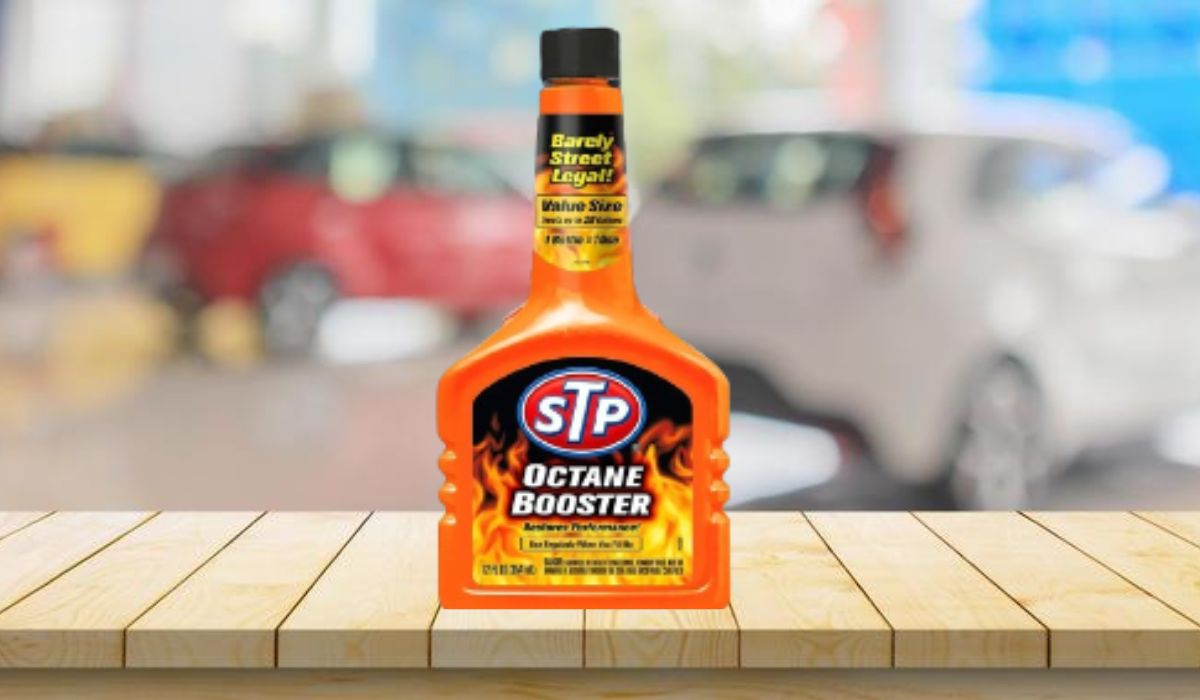There is always a push for greater output and efficiency in the automotive industry. Vehicle performance enhancers like octane boosters are widely used by both amateur and professional drivers. These additives are made to boost octane booster the octane level of fuel, which in turn benefits the engine by preventing knocking and detonation. The physics, functionality, and usefulness of octane boosters are explored in this article.
Understanding Octane Rating
What is Octane Rating?
The octane number indicates how well a fuel prevents an engine from knocking or detonating. It is the ratio of iso-octane (high-octane hydrocarbon) to n-heptane (low-octane hydrocarbon) in a fuel blend that produces the same knocking characteristics as the fuel under test. Fuels with a higher octane rating are less likely to spontaneously ignite.
Why is Octane Important?
Fuels with higher octane ratings are necessary for modern high-performance engines, particularly turbocharged or supercharged ones, to prevent ignition and maintain efficient combustion. To get more power out of an engine without destroying it, higher-octane fuels allow for higher compression ratios and earlier timing.
Octane Boosters: What Are They and How Do They Work?
Composition and Functionality
Octane boosters are fuel additives comprising chemicals such as methylcyclopentadienyl manganese tricarbonyl (MMT), toluene, xylene, or ethanol. These compounds improve the octane level of the fuel, allowing for better performance in high-performance engines. For instance, by neutralising oxygen radicals and delaying ignition, MMT improves fuel quality.
Working Mechanism
Adding octane boosters to gasoline changes the fuel’s chemical makeup and increases the fuel’s octane rating. These additives change the combustion characteristics of the fuel, delaying the commencement of ignition and minimising the tendency for knocking.
Benefits of Using Octane Boosters
Enhanced Performance
Improved engine performance, including more horsepower and quicker throttle response, can be achieved by the use of octane-raising additives.
Detonation Prevention
Detonation is common in high-performance engines because of the high temperatures and pressures they operate at. Octane enhancers prevent engine damage by increasing the fuel’s resistance to pre-ignition.
Considerations and Best Practices
Compatibility and Mixing
Octane boosters may not be as effective in vehicles that were built to run on lower-octane fuel, and high-octane fuel is not necessary for all motor vehicles. Since excessive use can have negative consequences, it’s also important to check for compatibility and utilise the right mixing ratios.
Manufacturer Recommendations
It is crucial to use octane boosters according to the instructions provided by the manufacturer. Higher-octane fuels may not be beneficial for all engines, and in fact, excessive usage of such additives may cause damage to the engine in some cases.
Conclusion
Octane boosters are a useful tool for experts and hobbyists alike who are trying to get the most out of their vehicles. These additives boost the octane level of fuel, allowing engines to perform at their best while providing additional safety and power. Maximising benefits while minimising downsides requires familiarity with their features, compatibility, and manufacturer’s recommendations.
Also Read: Brake Calipers: Understanding Their Importance in Vehicle Safety.
FAQs
What is an octane booster?
Octane boosters are additives to petrol that raise the fuel’s octane number. The fuel is often fortified with a variety of chemical additives to prevent knocking or explosion from occurring.
How does an octane booster work?
Octane enhancers work by adjusting the fuel’s chemistry. The octane rating of fuel can be improved by using additives with substances that delay ignition. This prevents the engine from igniting prematurely, leading to improved efficiency and performance.
What are the benefits of using an octane booster?
There are a number of benefits associated with using an octane enhancer:
- Gains in Engine Power, Throttle Response, and General Performance are Possible with Higher Octane Fuel.
- Detonation Prevention: Higher-octane fuels assist minimise engine knocking, especially in high-performance or high-compression engines, saving the engine from potential harm.
Can I use octane boosters in any car?
In most cases, no. High-octane fuel isn’t necessary for every automobile, but it might be helpful for some, especially those with high-performance engines. If you’re wondering whether or not an octane booster might be useful for your vehicle, it’s best to check the owner’s manual or ask the company that made your car.
Is it safe to combine an octane booster with any fuel?
Octane enhancers can be used with most any petrol. However, make sure to stick to the manufacturer’s guidelines for the correct mixing ratio and vehicle compatibility. In order to maintain optimal engine performance, it is crucial to use the optimum quantities.











